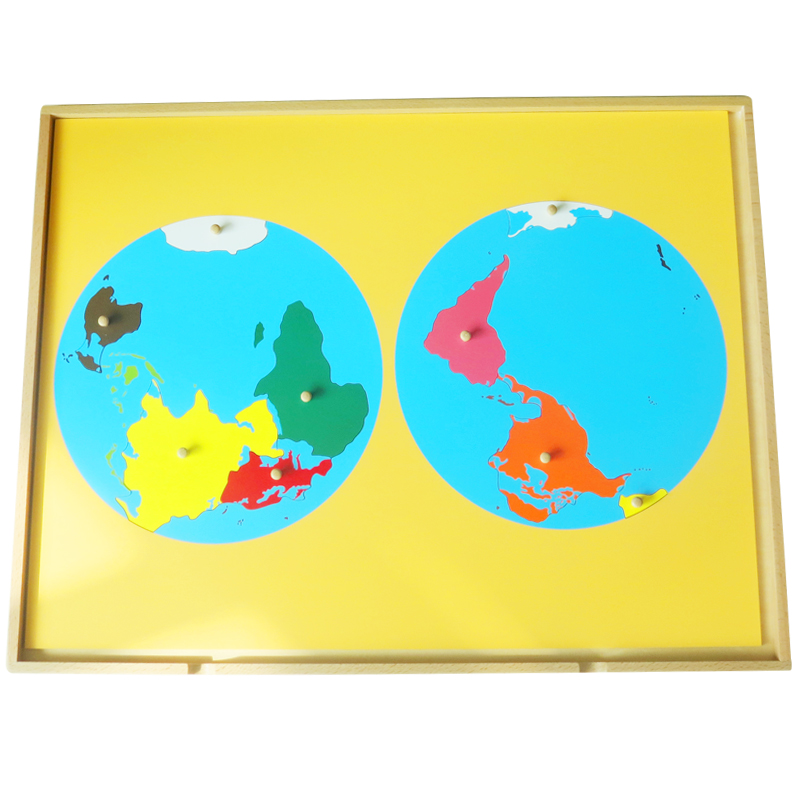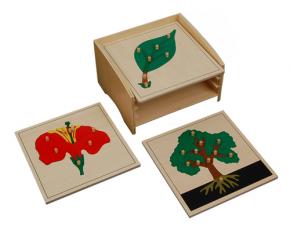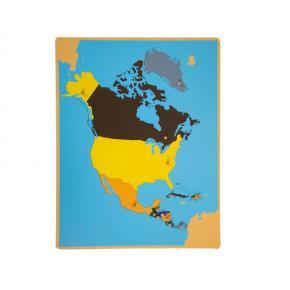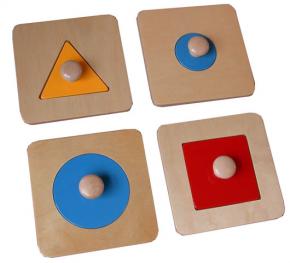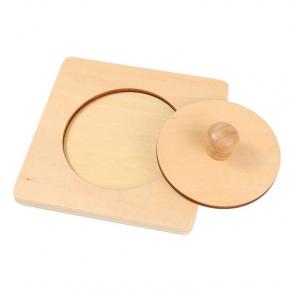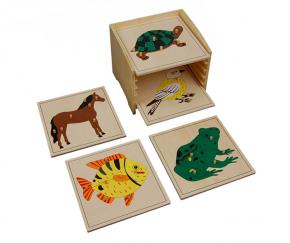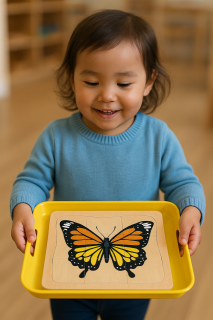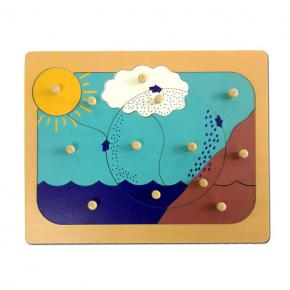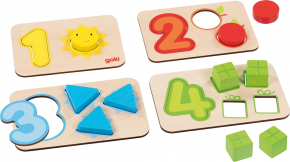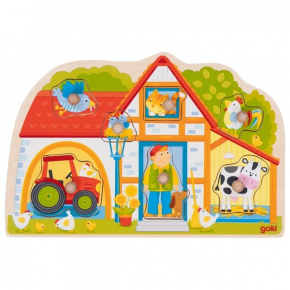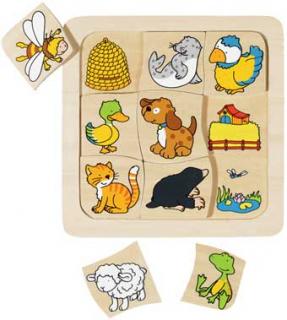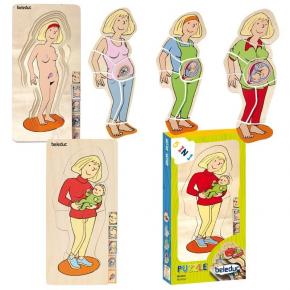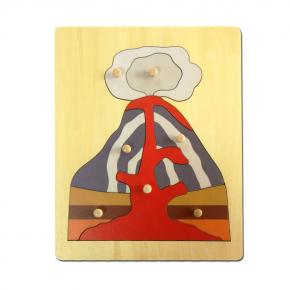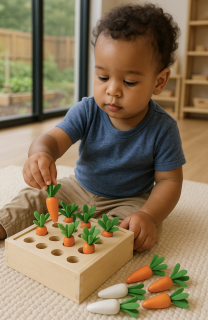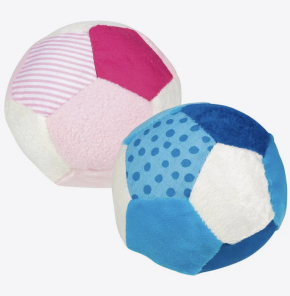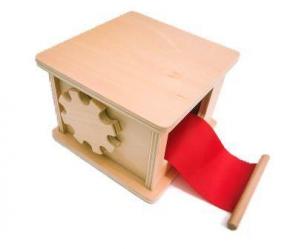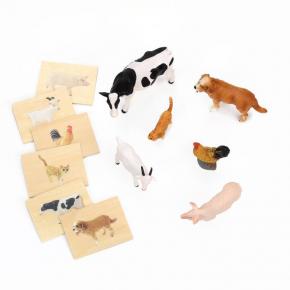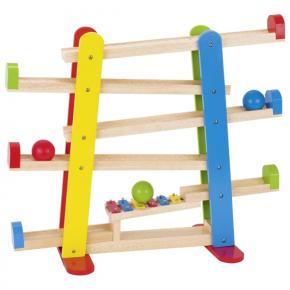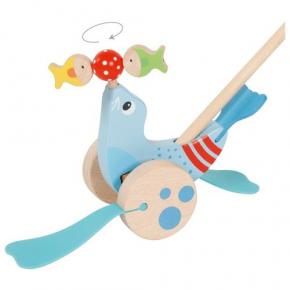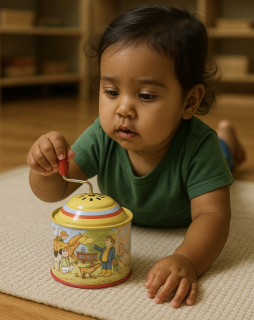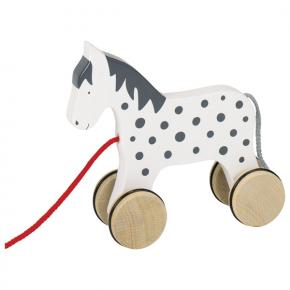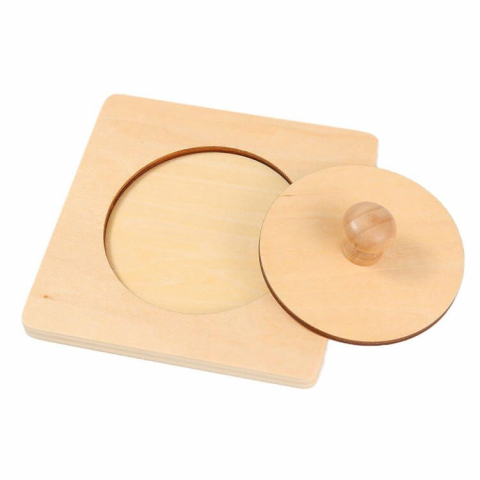
Wooden puzzles are not just entertaining toys; they also serve as powerful educational tools, aligning seamlessly with Montessori principles and providing teachers and parents with an effective means of incorporating this educational philosophy into their school or home environments.
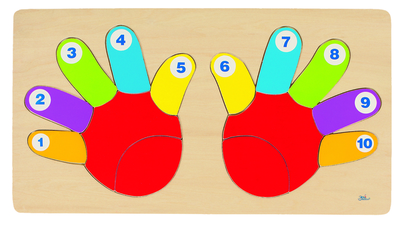
Montessori education emphasizes a child-centric approach, promoting self-directed learning, independence, and the development of essential life skills.
Wooden puzzles, with their tactile nature, simplicity, and versatility, prove to be valuable assets in fostering these principles.
1. Respect for the Environment.
Why do we prefer wood over plastic? Montessori education promotes an appreciation for the environment and natural materials. Wooden puzzles, crafted from sustainable materials, align with this principle. Choosing eco-friendly toys reinforces the importance of respecting the environment and instills responsible consumer habits.
Wood has different textures and weights that captivate the interest of young children, who are naturally drawn to tactile experiences. This attraction aligns with the Montessori approach, as a significant portion of Montessori materials is crafted from the natural wood.
Also, the feel and weight of wood give young children a practical way to understand the size and weight differences between objects. It helps in understanding that larger pieces generally carry more weight compared to smaller ones, a concept you won't find in plastic toys.
2. Sensorial Development.
Through handling and manipulating the pieces, children engage their senses, enhancing their tactile perception, visual discrimination, and hand-eye coordination. These activities contribute to the development of fine motor skills, a fundamental aspect of Montessori education.
3. Problem-Solving and Critical Thinking.
Montessori philosophy encourages the development of critical thinking and problem-solving skills. Wooden puzzles present young children with challenges that require logical thinking and spatial awareness to solve. As they experiment with different piece placements, children learn cause-and-effect relationships and develop the ability to analyze situations independently.
4. Self-Directed Learning:
One of the core principles of Montessori education is self-directed learning. Wooden puzzles empower children to take control of their learning experiences. A child can choose the puzzle he or she wants to work on, determine the place, and repeat the activity as often as needed. This autonomy fosters a sense of independence and a love for learning.
5. Concentration and Focus:
The nature of wooden puzzles, with their specific shapes and interlocking pieces, encourages children to concentrate on the task at hand. As they focus on matching the correct pieces, their attention spans naturally extend, promoting the development of concentration—a skill crucial for future academic success.
6. Order and Organization.
Montessori environments prioritize order and organization. Wooden puzzles with their clear boundaries and structured designs provide children with an opportunity to practice sorting and categorizing. As they organize the pieces to complete the puzzle, they internalize concepts of order and structure.
7. Language and Vocabulary Development.
Montessori education places a strong emphasis on language development. Wooden puzzles often come with images or shapes that prompt discussions. Parents can engage young children in conversations about the colors, shapes, and objects depicted in the puzzles, fostering language acquisition and expanding vocabulary in a meaningful context.
